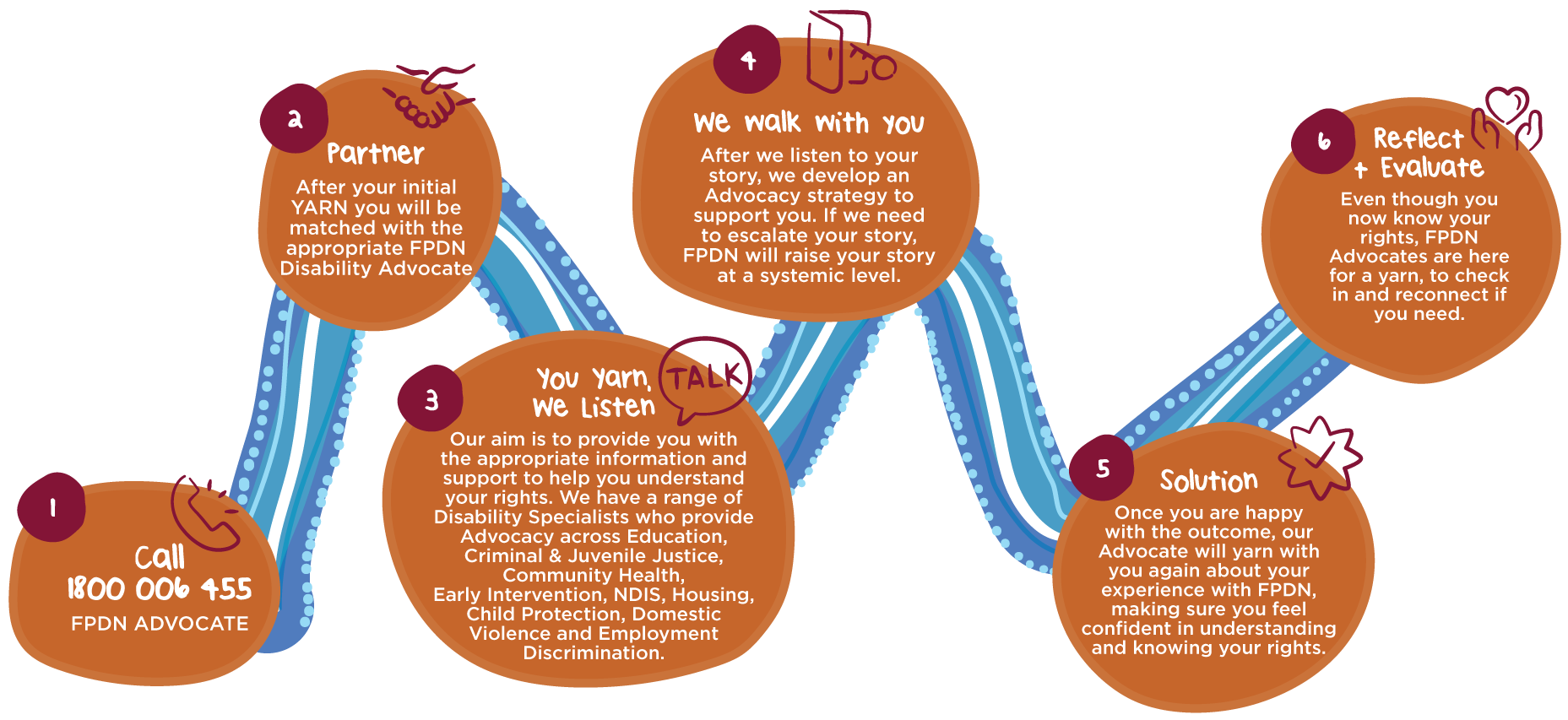
SUPPORT FOR MOB, WITH MOB: DONE DIFFERENTLY
The First Peoples Disability Network (FPDN) Advocacy Point of Difference is respecting and acknowledging the individual person’s story and walking alongside them to advocate and deliver best practice outcomes.
This Point of Difference aims to significantly improve the social and emotional wellbeing of First Nations people and meet the immediate and ongoing need to provide a more respectful, responsive and culturally sensitive service.

HOW CAN ADVOCACY HELP ME?
- Assisting you to build on your self-advocacy skills
- Supported decision making
- Housing/accommodation
- Accessing education and employment
- Accessing suitable disability services
- Human Rights and discrimination
- Voicing concerns about supports
- Making a complaint

WHERE CAN I ACCESS ADVOCACY?
We currently provide advocacy services across:
- New South Wales
- Regional Victoria
- Adelaide
- Barkly Region – Tennant Creek Northern Territory
Our advocacy can be provided online or face-to-face.
CONTACT US
If you are looking for Advocacy support, or would like to know more about our Advocacy Program, please contact us at:
Phone: 1800 006 455
Email: [email protected]
Address: PO Box 20048 World Square NSW 2002
FPDN acknowledges funding for the advocacy services from The Australian Government, Department of Social Services through the National Disability Advocacy Provider (NDAP) program and the New South Wales Government, Department of Communities and Justice, through the Disability Futures Advocacy program (DFAP).
National Advocacy Staff Profiles
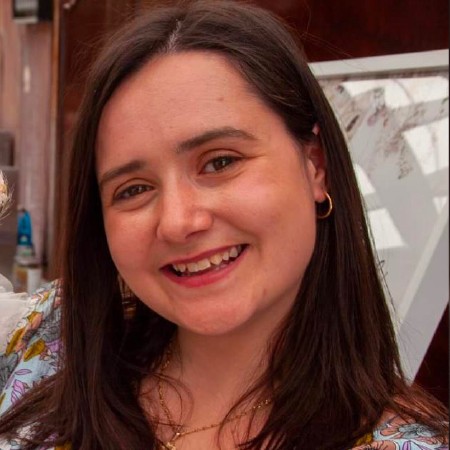
Jade Millerick
Disability Advocate
Read More
Work History / Specialist Background:
Over the past 15 years, I have worked across the Community Services Space with direct experience with the NDIS, Disability Inclusion and Allied Health. I’m all about exploring individual advocacy pathways to ensure mobs are well-equipped, supported and self-determined to walk forward beyond FPDN.
Why do you love what you do at FPDN?
I love the experience and brains trust we deliver as a team collectively. To do our best and be our best we need to trust in each other to facilitate best results for mob, as a team we have a solid foundation of support which is very important when providing Advocacy. I love the people and participants I get to work with at FPDN.
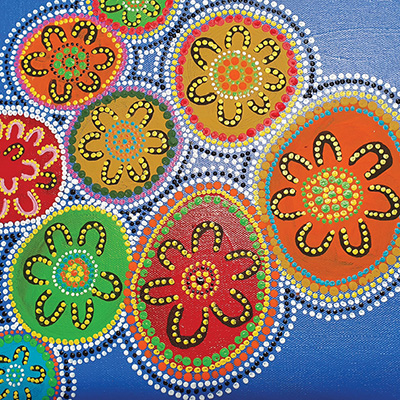
Darren Forbes
NT Indigenous Advocate
Darren is a proud Biripi man, born and raised on Awabakal land, NSW. Darren has a deep sense of cultural connection to the Aboriginal communities he works across in the NT.
Read More
Work History / Specialist Background:
Darren has a wealth of knowledge – over 25 years of professional experience in the ACCO space, Child Protection, Early Intervention, NDIS and Aboriginal Family Trauma and Recovery Practice.
Why do you love what you do at FPDN?
I absolutely love and value my role at FPDN. Living and working back in NT has solidified how deeply connected I am to the people and the landscape of the Country I’m working on. As a white skin black fella, the people here have accepted me and welcomed me into their community which is true is a blessing in this space. Coming back to NT, I can already see we have a lot of work to do to address the poverty, homelessness and crime which are the gaps in a system that continues to fail our mob. I’m fortunate to be back here and I truly hope I can make a difference.

Melissa Arch
Indigenous Advocate, Victoria
Melissa has spent 10 years across the disability space, within the residential and day programs.
Read More
Work History / Specialist Background:
Melissa has spent 10 years across the disability space, within the residential and day programs. Melissa has also led Mental Health/AOD with Indigenous patients and their families, at University Hospital, Geelong. AOD/Mental Health case management within the Geelong (Wathaurong) and Ballarat (BADAC) co-ops AOD/Family Reunification Clinician, with parents, in the Child Protection system with Odyssey House Victoria
Why do you love what you do at FPDN?
Advocacy has become my passion, since working in the AOD/family reunification space. I am allowed to have a voice and be respected for it at FPDN. Empowering people to make their own choices and feel supported is something that I have learned, makes all the difference.
NSW ADVOCACY TEAM
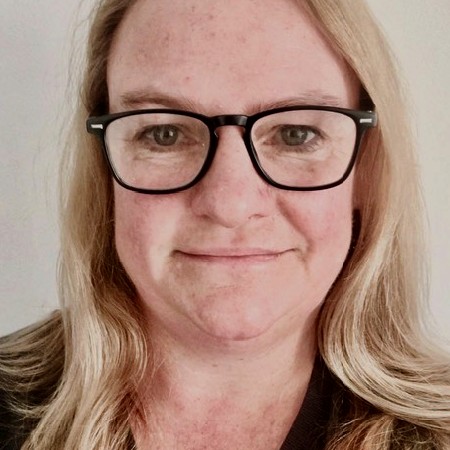
Tracy Crisp
NSW Disability Advocate/ National Triage Response
Tracy is a proud Gomeroi woman, who was born on the lands of traditional custodians, the Wulgurukaba and Bindal people. She has been living on Awabakal Land working in various communities and sectors for over 30 years.
Read More
Work history/specialist background
Tracy has a deep passion for social justice and ensuring people are empowered to be the experts of their lives and that their voices and stories are heard. Tracy’s career has been diverse, including working in youth homelessness, community development, information and referral, disability support, non violence and conflict resolution, supporting people involved with the justice system, kinship care, child protection, out of home care, carer recruitment and support, suicide prevention and connecting carers to the Carer Gateway supports and services.
Why do you love what you do at FPDN?
FPDN is unique as an organisation who is solely dedicated to representing Mob with Disability. I love that we do this in multiple ways – through our Policy Work, Research, Individual and Systemic Advocacy, Education and Training, Community Work and Community Engagement, Representation in spaces such as NDIS, on Boards and References groups, Media Engagement, creating Resources and many other approaches as we continue to grow in the advancement of this important work. The Individual Advocacy I have the privilege to do – for me is sacred as we hold space with people to safely share their stories and truly be heard. I love that we lead with culture.
We are aligned with the Disability Rights Movement principle of “Nothing About Us Without Us” and this is overlayed with an unwavering cultural lens.
I am proud of the FPDN legacy story, being established by key leaders of the Aboriginal Disability Rights Movement and through our present day work we pay our respects, in particular to our founder Uncle Lester Bostock and all our Mob who have lived experience of Disability.

Isobel Coe
NSW Educational Advocate
I am a proud Wiradjuri woman from Condobolin NSW.
Read More
Work History / Specialist Background:
I worked in the education system for 15 years. I have also worked in the areas of homelessness, domestic violence and family preservation. The experience I have gained across the space has provided me with incredible insight and resilience to fight for mob facing disability.
Why do you love what you do at FPDN?
I have advocated for my children who have disabilities. Working as an advocate for our mob is an amazing opportunity for myself. I have learnt so much already from the fierce team at FPDN.

Chris Fallon
NSW Indigenous Advocate
Chris is a descendant of the Barkindji people of the Wilcannia region, currently based on Wiradjuri Country (Dubbo) and working throughout the entire state of NSW.
Read More
Work History / Specialist Background:
Chrishas over 45 years of experience working within the Disability Advocacy sector. Chris lives with disability and has represented the region on several Boards and Committees, both State and National. He was an Local Area Coordinator for the National Disability Insurance Agency (NDIA) responsible for initial contact in many of Western NSW more remote communities. He has a wide range of experiences working with people with disability and being part of their journey.
Why do you love what you do at FPDN?
The FPDN gives me structure to work with people who require a level of advocacy and support, and to empower them to live their life to their full potential.
NSW CAPO TEAM
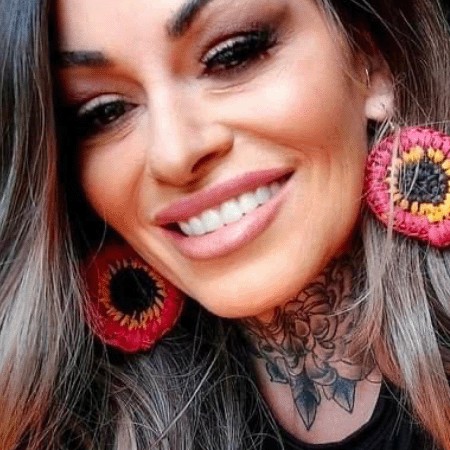
Debbie Lee
Policy Officer of the Coalition of Aboriginal Peaks NSW
Debbie Lee is a proud Yidinji, Gomeroi woman living on Country in NSW. Debbie works as the Policy Manager of the Coalition of Aboriginal Peaks NSW at First Nations Disability Network Australia.
READ MORE
Work History / Specialist Background:
First Peoples Disability Network is the peak organisation representing Aboriginal and Torres Strait Islander people living with disability. FPDN’s vision is a just and inclusive society, in which First Peoples living with disability are respected and valued for their culture, history and contribution to contemporary life, and in which their human rights are recognised, respected, protected and fulfilled. My role is funded by CAPO therefore I have the liberty to move and shake daily to raise the roof on the individual grassroots stories to ensure peoples advocacy needs are met by canvassing mobs truth reflective of the daily disability obstacles they continue to face.
Why do you love what you do at FPDN?
Deb is all about what is right and just for MOTHER earth and FATHER sun for they are our guiders and protectors in everything we do walking on Country. With that being said, Deb is all about giving back to her Mob across our remote communities which is why she loves working for FPDN, as it gives her the freedom to connect with mob across community, for it’s our mob that continues to embrace the formidable work Debbie does professionally at FPDN.

Hayley Bassett
I’m a proud Wiradjuri/Dharawal woman living on Yuin Country (Dolphin Point, NSW).
READ MORE
Work History / Specialist Background:
I started my career as a Secondary Educator in 2005, specialising in Aboriginal Education and Diverse learning. This is where I realised the importance of giving back to mob to ensure they are equipped with the appropriate tools to succeed in the wider world. Over time, I travelled across NSW facilitating support in educational settings, particularly in remote communities. My core focus was to work in partnership with classroom teachers, support staff and the wider community; combining knowledge and practice coupled with nation building as a focal understanding.
In 2018, I transitioned into the Child Protection space via Community Engagement; specialising in the significant needs of First Nations children in the Child Protection System. This has been a long standing passion of mine, to advocate, support and drive the blak voices of our most vulnerable. I’m a fulltime Mother and carer of First Nations children living with complex disabilities. They are my reason and my motivation to turn up and do what we do everyday at FPDN; to pave the way for change and to ensure every person has the equal opportunity to shine and to be seen.
Why do you love what you do at FPDN?
I love the cultural connectedness across the team, coupled with our “can do” attitude we all embrace to drive the best outcomes for mob. I love connecting and walking alongside mob to ensure their individual needs are met, our partnership with mob is there from start to finish.
